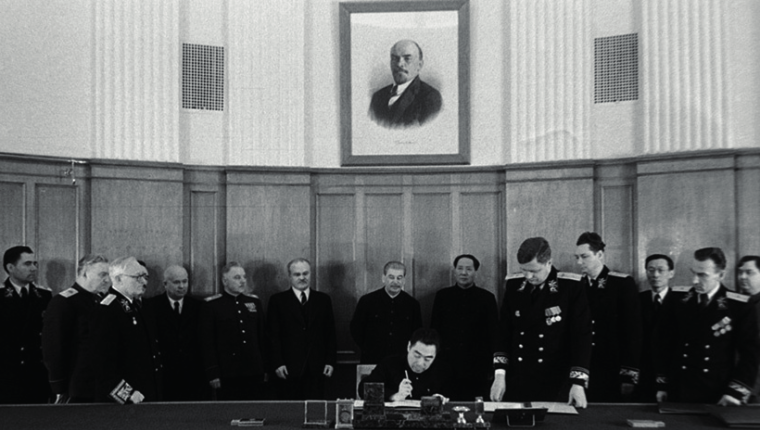
Fang, X. (2025). New China’s Foreign Policy Before and After the Bandung Conference: Rethinking the Bandung Conference. BRIQ Belt & Road Initiative Quarterly 6(3), 331-350.

This work is licensed under a
Creative Commons Attribution 4.0 International License.
The Bandung Conference, also known as the inaugural Asian-African Conference, took placein Bandung, Indonesia, in 1955. It was the first significant international assembly of Asian andAfrican nations to deliberate on the essential interests of their peoples without the involvementof colonial powers. From the standpoint of examining the diplomatic strategy frameworkof the People’s Republic of China during that period, the Bandung Conference representeda continuation and enhancement of China’s initiatives to manage and cultivate relationswith surrounding nations in the early 1950s. China’s active involvement in the meeting wasconsistent with Third World principles, advocating for solidarity, autonomy, and collaborationamong developing countries. This represents a significant aspect of New China’s pursuit of anautonomous diplomatic trajectory and constitutes a pivotal event that facilitated the transitionfrom the “Leaning to One Side” policy to the approach of seeking common ground while settingaside differences and promoting peaceful coexistence. Seventy years post-Bandung Conference,the Bandung Spirit—characterized by “unity, friendship, cooperation, peaceful coexistence, andthe pursuit of common ground while setting aside differences”—continues to exert a significantand lasting influence on the evolution of China’s diplomatic strategy.
